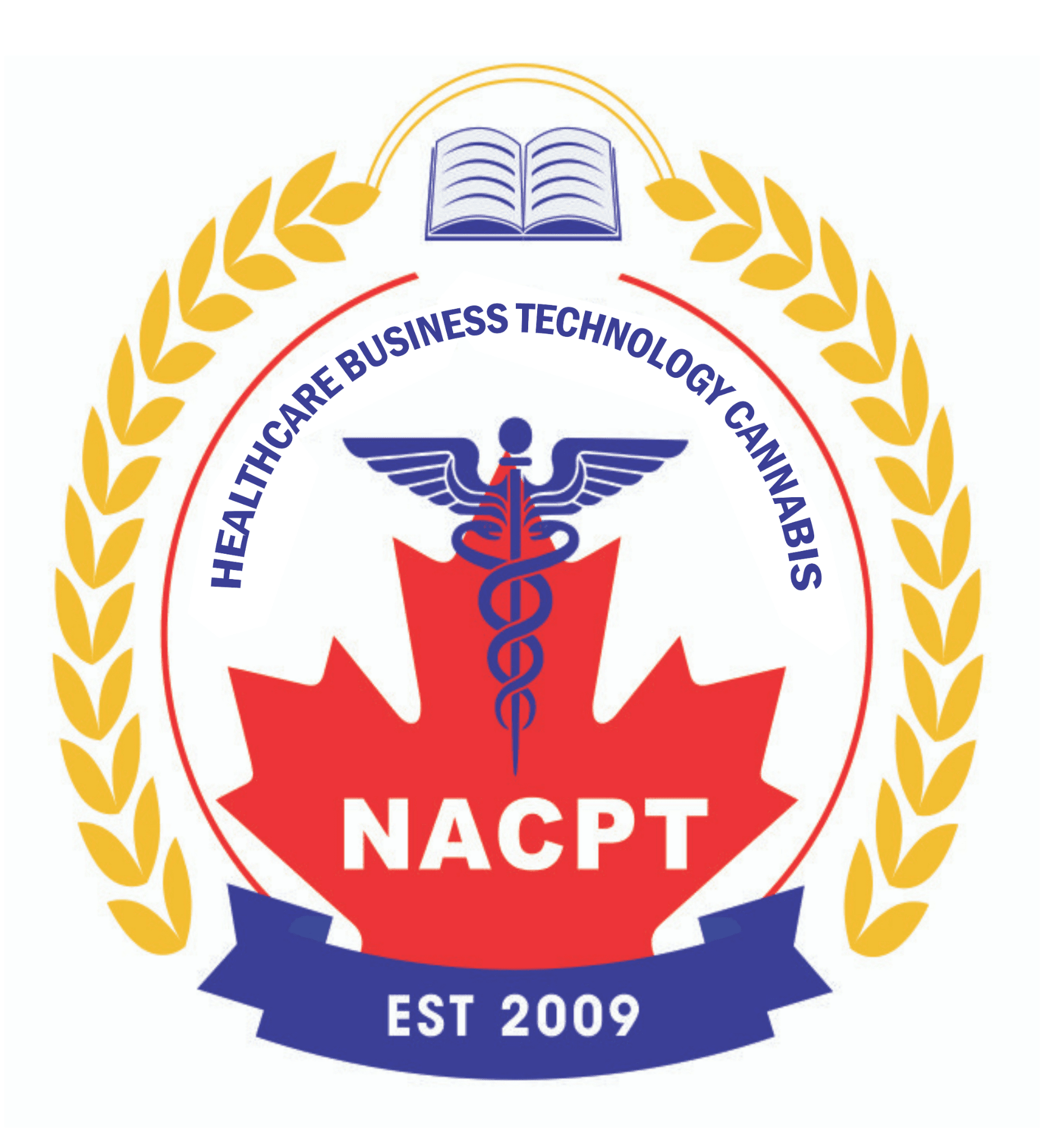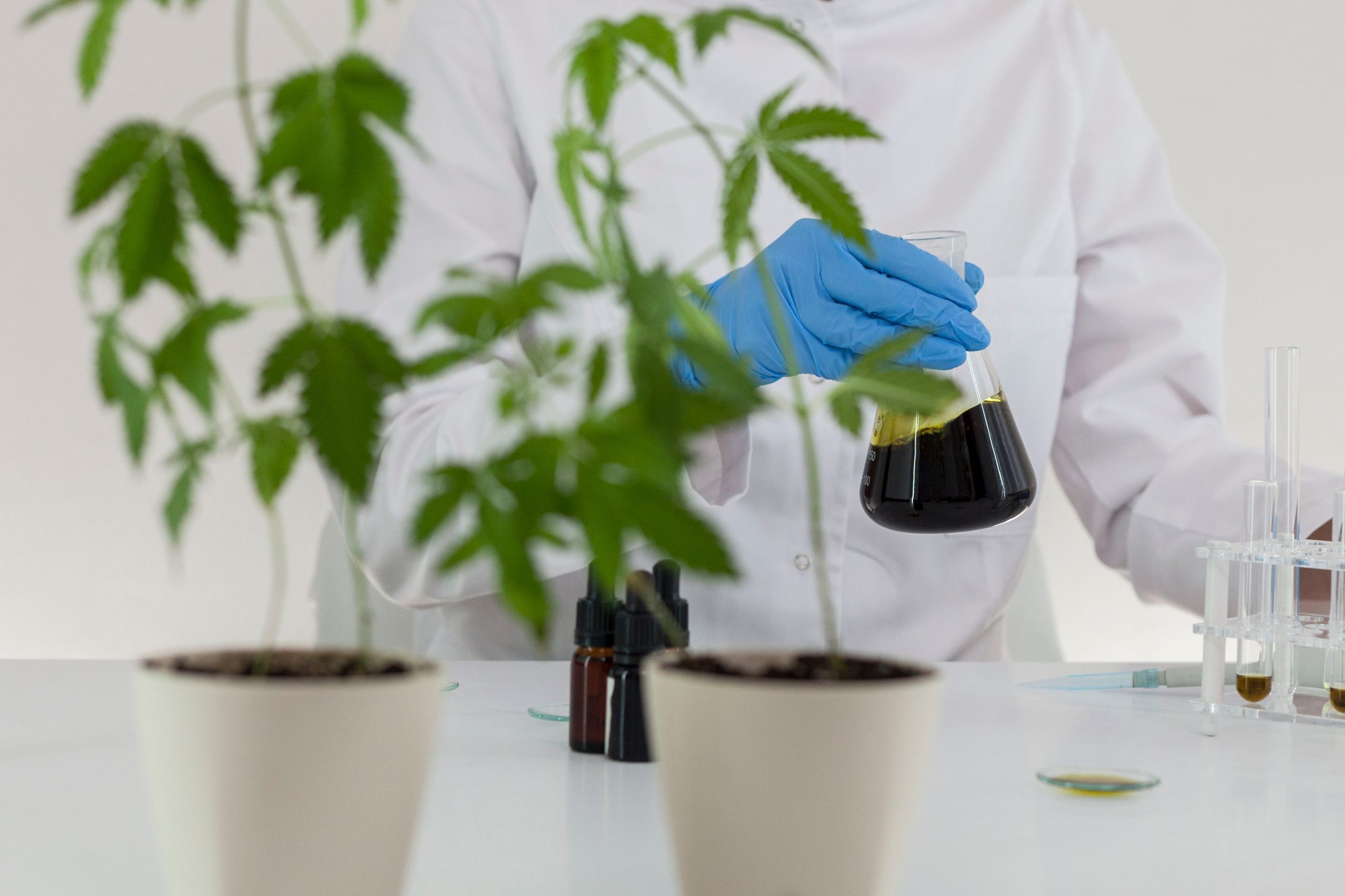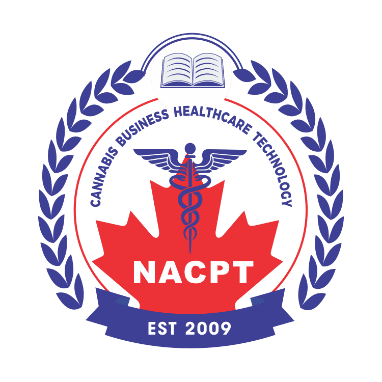Introduction
The Cannabis Act and Regulations were implemented to establish a structure for managing the sale, production, and distribution of medical and recreational cannabis and cannabis products. The Cannabis Act includes strict rules regarding the sale and marketing processes for cannabis, and largely aims to regulate quality control for cannabis production and to regulate the entire supply chain in order to ensure a safe, legal, and high quality product is entering the market. Legal cannabis cultivators in Canada require a licence and need to be authorized by Health Canada to operate their businesses. Overall, the Cannabis Act serves to regulate the practices and activities of these licensed producers.
Good Production Practices (GPP) require licensed producers (LPs) to constantly ensure the cleanliness and safety of their facilities and equipment and to have an appropriate quality assurance program overseen by a qualified quality assurance person (QAP). Good Manufacturing Practices (GMP) also share these requirements. The QAP has a long list of responsibilities, ultimately, they are responsible for assuring the quality and effectiveness of all processes used during production. They must approve any changes to production, investigate any deviations, and approve all lots or batches of cannabis prior to sale by interpreting the results of quality and safety tests. It is important for a QAP to continuously ensure that the business is operating in compliance with the regulations.
How GMP is different from GPP?
Good production practices are always being reviewed and updated, as is cannabis legalization as a whole in Canada. It takes time to adopt standardized methods in a new industry, but we are making progress. Right now, some minimum requirements of good production practices are testing final products for chemical and microbial contamination which includes residual solvents, pesticides, heavy metals, aflatoxins and microbiological contamination. Other requirements are dissolution or disintegration tests (capsules) and potency testing; content of THC, THCA, CBD, CBDA. In addition to this, producers may also choose to become GMP compliant, some minimum GMP requirements include validation of processes, procedures and testing methods, packaging tests, bioburden tests to establish safe microbial limits, and environmental monitoring for chemical and microbial contamination.
Good manufacturing practices create a system to control production and ensure the consistency and safety of products. GMP extends past GPP and go deeper in order to create a robust quality system that covers all aspects of production from beginning to end. Good manufacturing practices are guidelines applied to the manufacturing processes of most consumable products. The FDA (US) has not made a specific GMP section or variation directly related to cannabis production. Canada among others are leading the world in national cannabis legalization and in how to implement good production practices into businesses and how to adopt existing good manufacturing practices into the cannabis industry.
With GPP comes standard operating procedures, testing procedures, and security and sanitation programs, and to bring operations up to GMP standards, validation testing is required. In addition to procedures, a sanitation program, etc., GMP compliance requires an environmental monitoring program to assess and control the biological burden present in a facility. In order to have an effective sanitation program, facilities should be designed in such a way as to prevent contamination and extraneous substances from entering the building and to allow areas to be shut down for cleaning and sanitation between production batches. The materials of the building and equipment and the overall order, tidiness, and layout of the facility are also important factors that must be taken into consideration.
Another important aspect of GPP and GMP is having a sound documentation program. All steps of each production process need to be documented, QAPs need to approve and sign every document, and records need to be archived to ensure the traceability of any product through every stage of production. Not only is this a regulatory requirement, but a business will not find success if it is unable to identify the cause of a recalled product. As legalization progresses, Health Canada will continue to create guidance for a new and aggressive industry that is reliant on good production and good manufacturing practices.



Hello, Brandon. this is from NACPT Pharma College. May I please know what kind of information you are looking for regarding the QA programs? We have a cannabis quality assurance and quality control (https://www.nacptpharmacollege.com/course/cannabis-quality-control-and-quality-assurance/) diploma program as well as Quality Assurance for Cannabis
(https://www.nacptpharmacollege.com/course/quality-assurance-for-cannabis-basic-and-advanced/), a 4-day fast-track certificate program. If you would like to talk to our program advisor feel free to call us and book an appointment. Thank you!